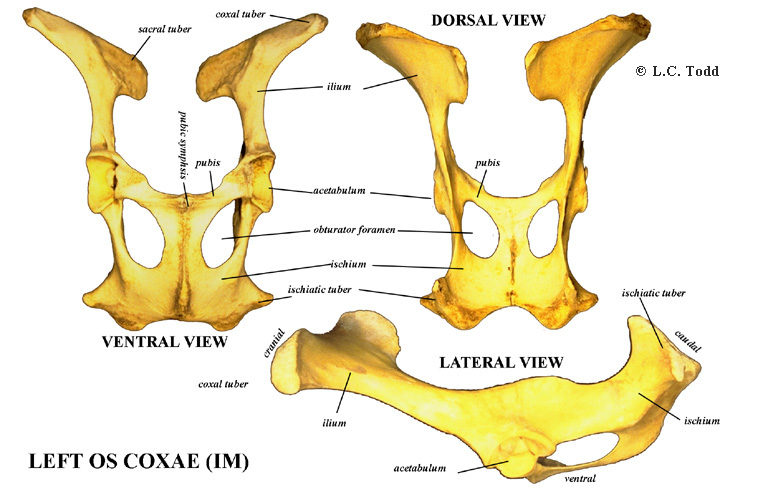However, I and others here can interact, up to a point for me anyway, and I can’t see where any opportunity to attest to your faith is completely fruitless.
Things like "attest to your faith" and "sharing your faith" are broad and bland enough to mean almost anything.
But what does "You're going to hell, you sinner!" actually attest to?
Don’t you know that when you offer yourselves to someone as obedient slaves, you are slaves of the one you obey—whether you are slaves to sin, which leads to death, or to obedience, which leads to righteousness?
But thanks be to God that, though you used to be slaves to sin, you have come to obey from your heart the pattern of teaching that has now claimed your allegiance. You have been set free from sin and have become slaves to righteousness.
....
The mind governed by the flesh is hostile to God; it does not submit to God’s law, nor can it do so. Those who are in the realm of the flesh cannot please God.
There is no point to railing at an unbeliever about his sins.
He's is only obeying his own master. Railing at an unbeliever about his sins is nothing but a feckless activity that wastes our time and only annoys the unbeliever.
It doesn't matter what "sins" he commits while in unbelief. He is condemned by his unbelief, not by his actions; he can only be saved by belief, not by his actions.
There is nothing effective to be said to him about his "sins" until he has become a "slave to righteousness."
But sanctify the Lord God in your hearts: and be ready always to give an answer to every man that asketh you a reason of the hope that is in you with meekness and fear
There are two aspect to the outreach that effectively contributes to the mission of the Body of Christ:
1. Evangelism. Evangelism is telling people what Jesus did for them.
2. Witnessing. Witnessing is telling people what Jesus did for you.
They are not the same thing, nor should they be conflated. They are distinctly different activities, and each requires preparation (including prayer).
Scripture gives us this model for the evangelist:
1. The evangelist is called to the role of evangelism by the Holy Spirit and appropriately gifted by the Holy Spirit. Not everyone is an evangelist.
2. The evangelist is thoroughly trained in the gospel by teachers within the Body of Christ before he begins his mission.
3. The evangelist is commissioned--hands laid upon him and sent out on a specific evangelistic mission--by a local congregation.
4. The evangelist is held accountable for his results to the congregation that commissioned him.
That's the model for evangelism that we see in scripture.
The rule for witnessing is this:
As for us, we cannot help speaking about what we have seen and heard.
"Witness" was defined 'way back in Leviticus 5, and the New Testament does not redefine it. Nobody alive today can give "witness" to the life, death, or resurrection of Jesus because nobody alive today heard or saw those events.
What we are all responsible for is witnessing what Jesus has done in our own lives--what we have experienced first-hand.
And we should not underestimate the important role of such witness in making disciples. Unlike evangelism, witnessing does not require a specific calling, or a spiritual gift, or training, or a commission.
All you need to know is what Jesus did for you:
Many of the Samaritans from that town believed in him because of the woman’s testimony, “He told me everything I ever did.”
....
They said to the woman, “We no longer believe just because of what you said; now we have heard for ourselves, and we know that this man really is the Savior of the world.”
--------------------
The man replied, "Whether he is a sinner or not, I don't know. One thing I do know. I was blind but now I see!"

